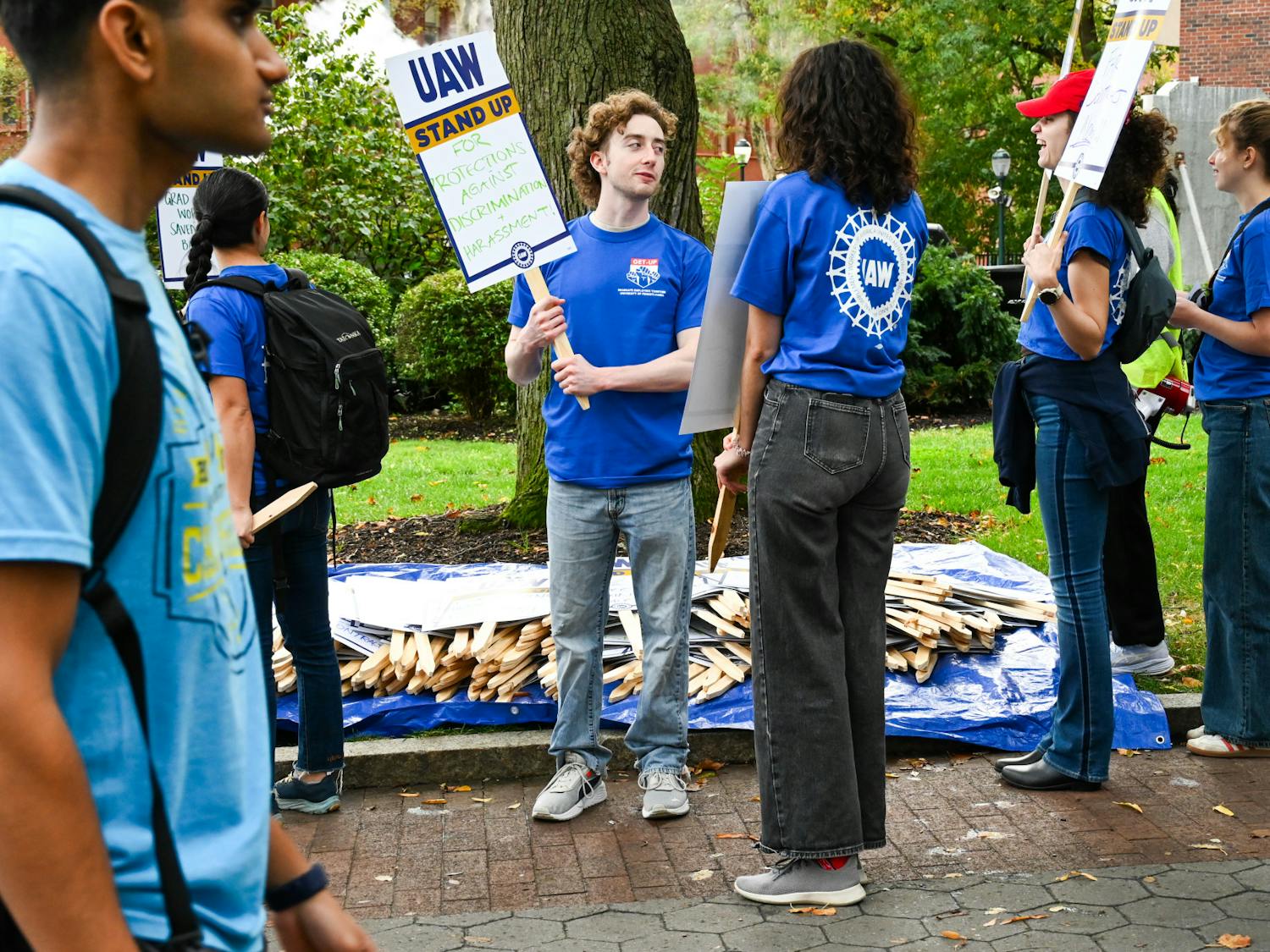A new spring 2021 course will teach students how to be effective leaders amid challenges using the issues of 2020 — like the COVID-19 pandemic and economic recession — as a lens.
The half-credit course, titled “MGMT 799: Leadership in Challenging Times,” will be taught by three Wharton School professors, including Jeff Klein, Executive Director of the McNulty Leadership Program, William Lauder, Executive Chairman of Estée Lauder Companies, and Michael Useem, Faculty Director of the Center for Leadership and Change Management. The course is offered to Wharton MBA and Executive MBA students, as well as students in Wharton's Advanced Management Program. The course consists of weekly synchronous zoom sessions, and all students will take the course pass/fail.
Students in the course will learn firsthand from scholars and leaders about how to navigate crises that may emerge, with particular focus on the most pressing issues of 2020 such as the COVID-19 pandemic, economic challenges, racial inequity, natural disasters, and technological disruption.
“I think as we look back on 2020, we can all agree it's been a year of unexpected and unprecedented challenges,” Klein said. “The natural theme of the course, as a result, is to think about the leadership practices, leadership principles, and leadership experiences that have informed what organizational leaders have done, and provide a roadmap for our students as they face their own challenges both right now as well as throughout their lives and careers.”
Although not all guest speakers have been finalized, Useem said that Alex Gorsky, Johnson & Johnson Chief Executive Officer and Tricia Griffith, Chief Executive Officer of Progressive Insurance will speak with Wharton students about their experience of crisis management and leadership during COVID-19 shutdowns and other economic crises.
Wharton Executive MBA second-year student, Cliff Redeker, said he was immediately drawn to the "tell-all experience" of the course and is looking forward to learning from such a diverse group of leaders.
“These are challenging times, and so one of the best ways to learn how to react both now and in similar situations is to turn an eye to the past and learn about the trials and tribulations about those who come before us so we can be personally equipped for the challenges ahead,” Redeker said.
Wharton Dean Erika James is one of the course's distinguished faculty experts. Klein said he is looking forward to learning more about her experiences in both the fields of crisis management and leadership, as well as diversity, equity, and inclusion within organizations.
RELATED:
Wharton introduces six-week online course on coronavirus and global crisis management
New Penn course highlights Indigenous literary perspectives on the climate crisis
Fourth-year Penn Law JD/Wharton MBA student and McNulty Leadership Fellow Alec Miller expressed a similar sentiment, stating that he is extremely interested in taking the course because of both the private sector lecturers as well as professors who are specialists in leadership and decision-making.
The course will also focus on crisis management and leadership through a series of research, polling, and problem-solving exercises.
“People often learn best if they can have some combination of good academic research and interesting university theories, with direct knowledge of how people have actually used these principles to guide their own behavior and leadership,” Useem said.
In a written statement to The Daily Pennsylvanian, Lauder stated that he is looking forward to sharing his leadership skills with students whom he will work with in the spring as both a faculty professor and a leading practitioner.
“We’re living through a period of profound challenge and change—a moment when leadership matters more than ever," Lauder wrote. "In turn, it’s incumbent upon those of us who have successfully navigated crises before to share what we’ve learned—about courage and resilience, empathy, authenticity, and trust.”









